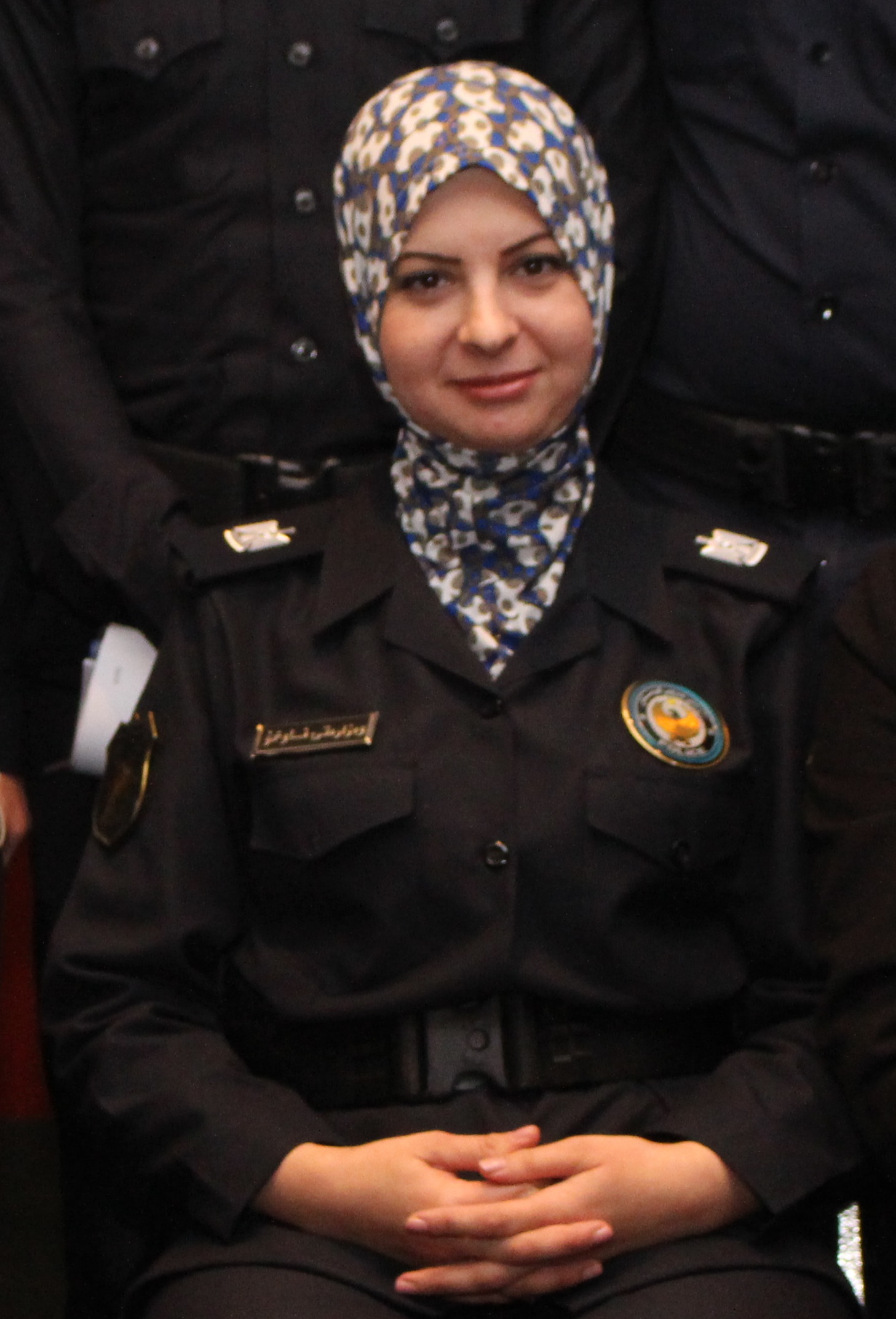On January 14, MERI hosted the second, and final workshop, to train the first selected group of police officers in Erbil. The officers will take part in a pilot programme for Quality Assurance (QA), which is implemented at the General Directorate of Combating Violence Against Women (General Directorate).
The programme involved training police officers on international quality standards and performance assessment to ensure the delivery of quality services to the public. During this second workshop, more than 25 police officers plus officials from the General Directorate and the Ministry of the Interior received the training.
MERI has initiated this process and is helping the Ministry of Interior with an extensive reform programme for their police units. During the piloting phase, the programme will be on trial for three months in two of the General Directorate Offices in Erbil. Following the review and finalization, similar training sessions will be provided, first to the rest of the General Directorate Offices Kurdistan-wide, and subsequently expanded to other departments of the Ministry of Interior.
Officer Bahra Nuradine, a trainee of the QA programme, told MERI that the process will help improve the quality of services that they provide to people and expressed her commitment to the Continuous Professional Development programme, which is one of the main components of the Quality Assurance programme.

Karwan Jamil, another officer who received the training, believes that the outcome of the process can clearly determine his weaknesses and strengths and that they would need to continuously update and familiarize themselves on the latest social trends and developments. Captain Flamina, Head of Police at the Minare Police Station for Combating Domestic Violence, stated that the training is particularly useful in treating the victims and protecting their privacy. She also reiterated their commitment to reforms and showed confidence in the implementation of the Quality Assurance programme, which eventually, according to her, builds trust between the police forces and the public.
President of MERI, Dlawer Ala’Aldeen, added that ‘Management & Leadership’ is an important missing element in government institutions in Kurdistan Region. To strengthen the ‘rule of law’ in the nation-building process, all bodies involved in this effort must undergo the necessary institutional changes. Upholding the principle of rule of law is the responsibility of these bodies, namely the police forces and the Ministry of the Interior, the Judicial Council and the Ministry of Justice. He said that, MERI is delighted to see the eagerness and passion from the Ministry of Interior to implement the Quality Assurance programme and the overall reform process to improve the quality services, which in turn strengthens public trust towards the state.
Since its establishment, MERI has reached out for reforms by offering new mechanisms for performance evaluation to improve the level of competence of public servants. The overall aim of the Quality Assurance programme is to improve the quality of the services provided to the public. This new governance approach will encapsulate monitoring, evaluation and Continuous Professional Development of public servants.
* * * * *
About MERI: The Middle East Research Institute is Iraq’s leading policy-research institute and think tank. It is an independent, entirely grant-funded not-for-profit organisation, based in Erbil, Kurdistan Region. Its mission is to contribute to the process of nation-building, state-building and democratisation via engagement, research, analysis and policy debates.
MERI’s main objectives include promoting and developing human rights, good governance, the rule of law and social and economic prosperity. MERI conduct high impact, high quality research (including purpose-based field work) and has published extensively in areas of: human rights, government reform, international politics, national security, ISIS, refugees, IDPs, minority rights (Christians, Yezidis, Turkmen, Shabaks, Sabi mandeans), Baghdad-Erbil relations, Hashd Al-Shabi, Peshmarga, violence against women, civil society. MERI engages policy- and decision-makers, the civil society and general public via publication, focused group discussions and conferences (MERI Forum).


